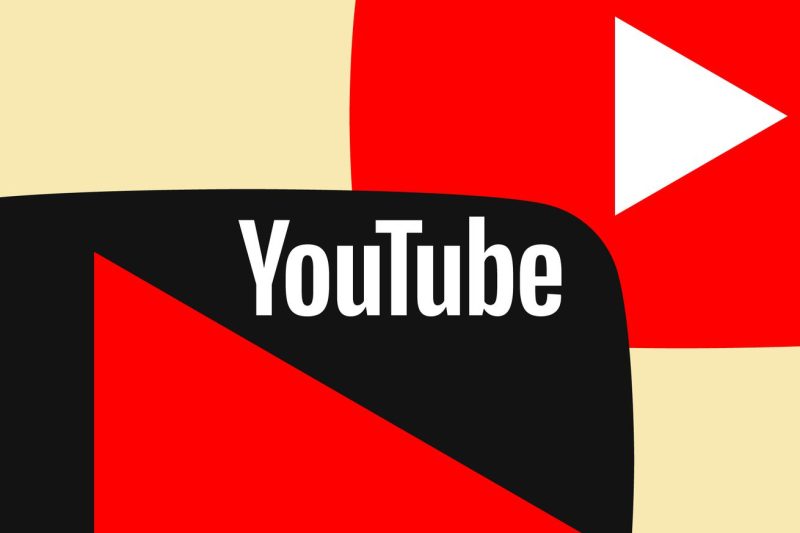YouTube Pulls Songs from Adele, Nirvana, and Others Due to SESAC Dispute
The clash between YouTube and SESAC has led to a significant upheaval in the music streaming world. The latest casualty in this ongoing battle happens to be iconic songs by artists like Adele and Nirvana. YouTube recently announced the removal of these songs from its platform due to a licensing dispute with SESAC. This move has left many music enthusiasts astonished and disappointed, as these songs are considered classics that have shaped the music industry over the years.
SESAC, known for its strict stance on licensing agreements, has been at odds with YouTube for quite some time. The licensing organization has been demanding higher royalties for the use of its songs on the platform. YouTube, on the other hand, argues that SESAC’s demands are unreasonable and not in line with industry standards. This disagreement has now culminated in the removal of songs by some of the most popular and influential artists in music history.
One of the most notable casualties of this dispute is Adele, whose powerhouse vocals and heartfelt lyrics have earned her a massive following worldwide. Hits like Someone Like You and Hello have been removed from YouTube, much to the dismay of fans who often turn to the platform to listen to their favorite tracks. Similarly, iconic grunge band Nirvana, known for their raw energy and introspective lyrics, has also seen their music taken down from YouTube. Songs like Smells Like Teen Spirit and Come As You Are are no longer accessible on the platform, leaving many fans frustrated.
The impact of this dispute extends beyond just inconveniencing fans. Artists and songwriters who rely on YouTube for exposure and revenue are also feeling the effects of this removal. Without the ability to share their music on one of the world’s largest streaming platforms, independent artists and emerging talents are at a disadvantage. This situation not only limits their reach but also hampers their ability to earn a living from their craft.
As the feud between YouTube and SESAC shows no signs of abating, the future of music streaming remains uncertain. Fans are left wondering if and when their favorite songs will be reinstated on the platform, while artists and songwriters are grappling with the repercussions of this licensing dispute. In the midst of this chaos, one thing is clear: the importance of fair and equitable agreements between streaming platforms and music rights organizations cannot be understated. Until a resolution is reached, music lovers and creators alike will continue to feel the impact of this ongoing battle in the industry.

